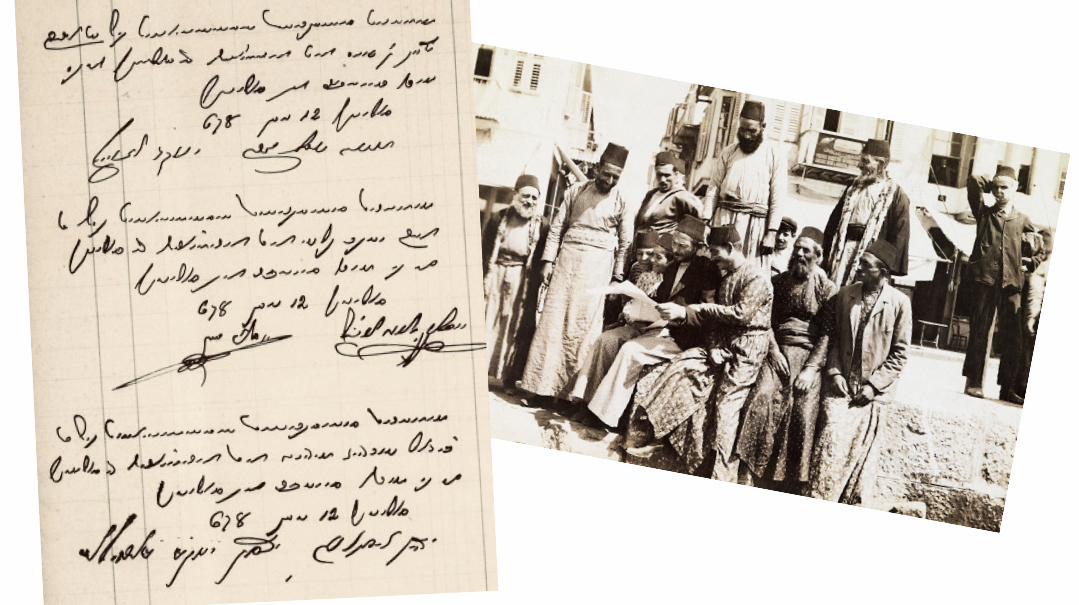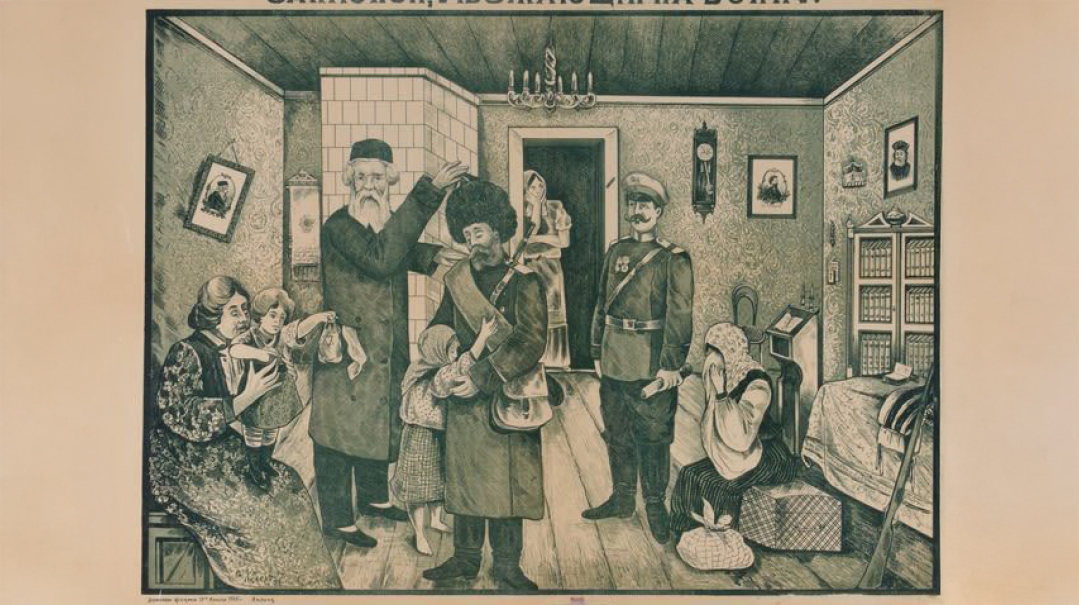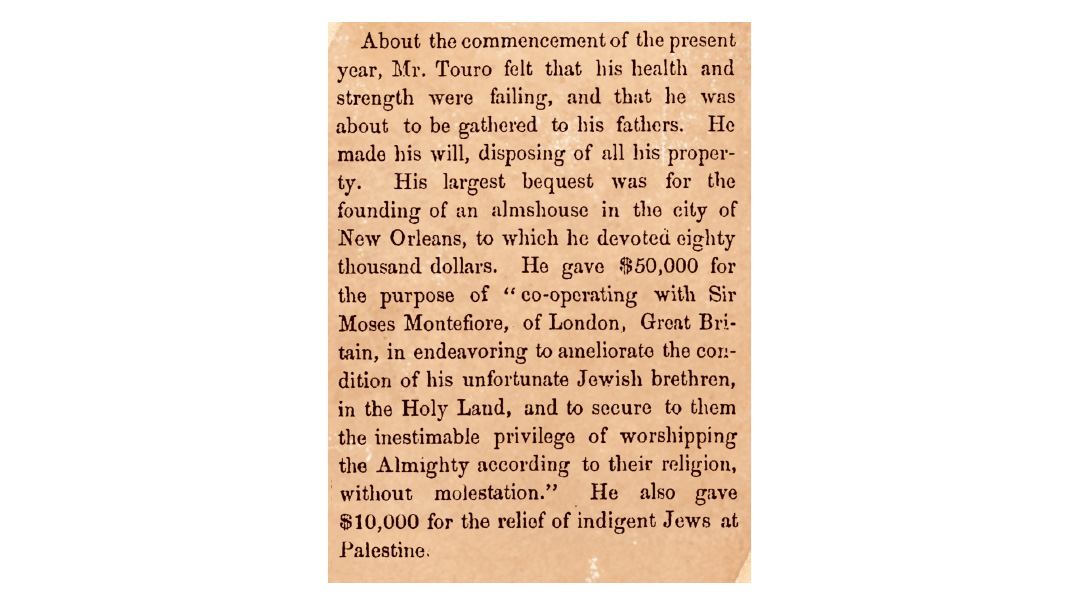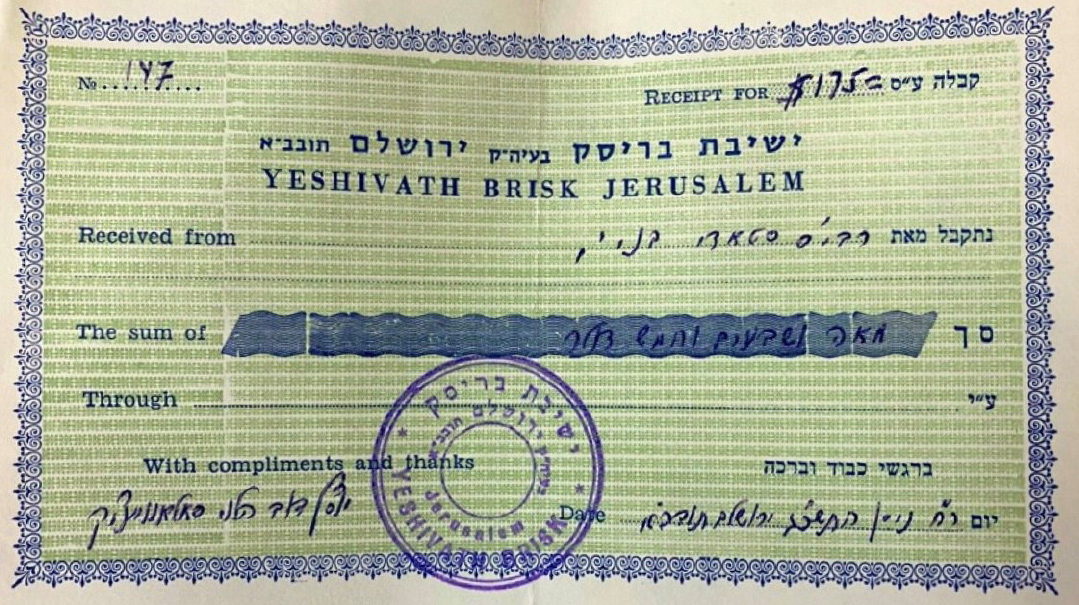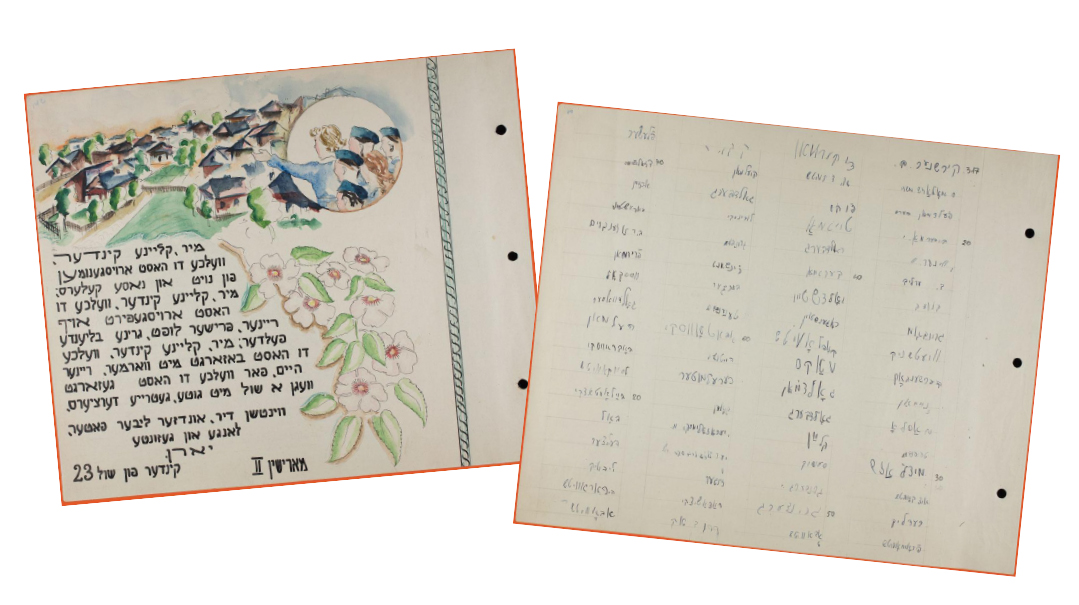Rushing Out of Russia
| October 5, 2021The outbreak of World War I on August 1 stymied his plans, stranding him in Europe for the better part of a year
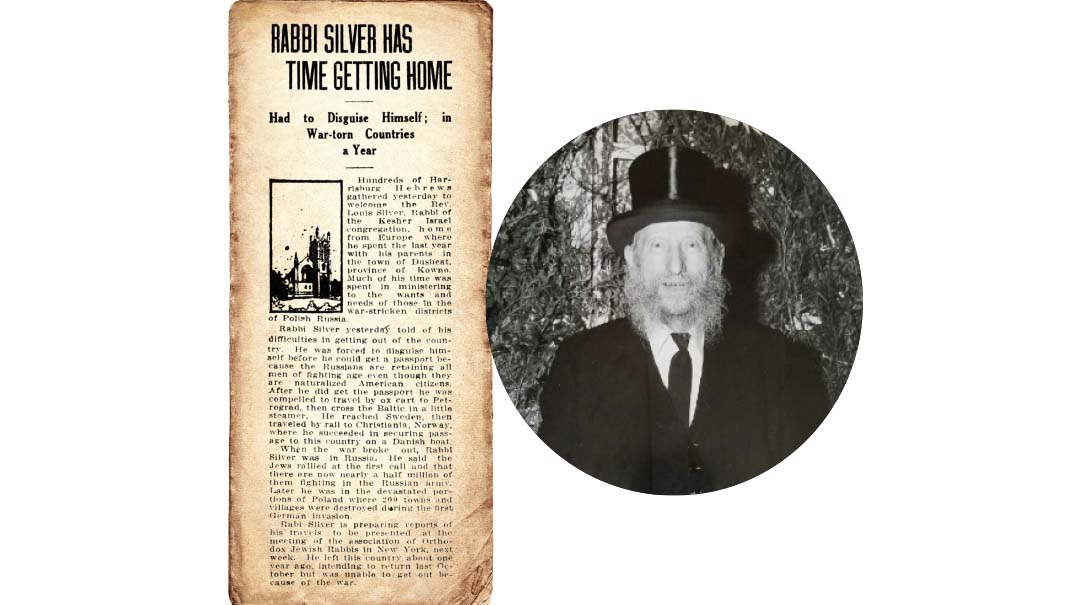
Title: Rushing Out of Russia
Location: Harrisburg, Pennsylvania
Document: The Harrisburg Telegraph
Time: 1915
Following Shavuos of 1914, Rav Eliezer Silver journeyed from his adopted home of Harrisburg, Pennsylvania, back to Dusat (Dusetos), Lithuania, to visit his parents, Rav Bunim Tzemach and Malka Silver. His relatively short itinerary had him scheduled to return to Harrisburg in time for Rosh Hashanah. The outbreak of World War I on August 1 stymied his plans, stranding him in Europe for the better part of a year, leaving his young family and congregation concerned for his safety.
It wasn’t long until a thornier issue arose. The 32-year-old rav hadn’t served in the Czar’s army, and many in Russia were being forcibly drafted, regardless of foreign citizenship. For nearly a year he traveled incognito, at times adopting an assumed identity to stay safe.
With Russian censors reading the mail, how would Rav Silver inform his family he was safe? In a stroke of genius, Rav Leizer penned a cryptic letter to the New York-based Yiddishe Tageblatt informing the Agudas Harabbonim and his students in Harrisburg of his failure to procure several seforim they’d requested. In his classic book The Silver Era, Rabbi Dr. Aaron Rakeffet-Rothkoff summarizes the letter’s contents:
(Rabbi) Silver claimed that these missing books were titled The Proper Path, At the Crossroads, and The Illuminated Way. He referred to the prohibition against crossing the tehum, the boundary beyond which one must not walk on the Sabbath. He also cited the Milhamot Hashem (“Wars of the Lord”) of Nahmanides. Silver indicated that he could not be more precise because of the need to guard one’s tongue as indicated in the Shemirat Ha-Lashon of the Hafetz Hayyim. He also stated that “all the gates are locked except for the gate of tears.”
Confused about the contents, the editors of the Tageblatt suspected that the travails of war had caused Rav Leizer to lose his mind. They brought the letter to the president of the Agudas Harabbonim, Rav Shalom Elchanan Jaffe, who declared, “I know Rabbi Silver, he doesn’t lose his mind so easily. He is brilliant. There must be some sense to it.”
He proceeded to analyze each quotation, showing that Rav Silver was relating the history of Jewish suffering in Russia, down to his current predicament.
Shortly thereafter, Rav Leizer managed to cross the far northern border into Norway, and then returned to the US on a Danish steamer. Upon being informed of his safe arrival, his wife promptly fainted. Rav Leizer returned to Harrisburg in time for Shavuos 1915, and was greeted by hundreds of Harrisburg Jews who rejoiced at the return of their beloved leader.
Reunited with Rebbeim
During his European sojourn, Rav Silver stopped in Dvinsk, where he visited his rebbi, Rav Meir Simcha HaKohein, as well as the Rogatchover Gaon, Rav Yosef Rosen. He also visited Vilna, where he’d previously studied in the kibbutz of Rav Chaim Ozer Grodzenski. He recalled Rav Chaim Ozer’s relief activity that sustained the many war refugees streaming through the city. Rebbi and talmid found a few spare moments to reunite and discuss the issues of the day. Rav Silver was also privileged to deliver a shiur in the Vilna Great Synagogue.
Retaining Hope
While Rav Leizer was hiding in Dusat, a wounded soldier returned from the battlefield and testified that another local boy was killed in battle. When the boy’s father inquired of Rav Bunim Tzemach Silver whether he should sit shivah, the younger Rav Silver urged his father to advise against, for perhaps the wounded soldier had misjudged during a state of delirium. While other rabbis objected, the family later received a letter from their son attesting that he was alive. With his return following the war, Rav Leizer’s advice was vindicated and celebrated.
(Originally featured in Mishpacha, Issue 880)
Oops! We could not locate your form.

